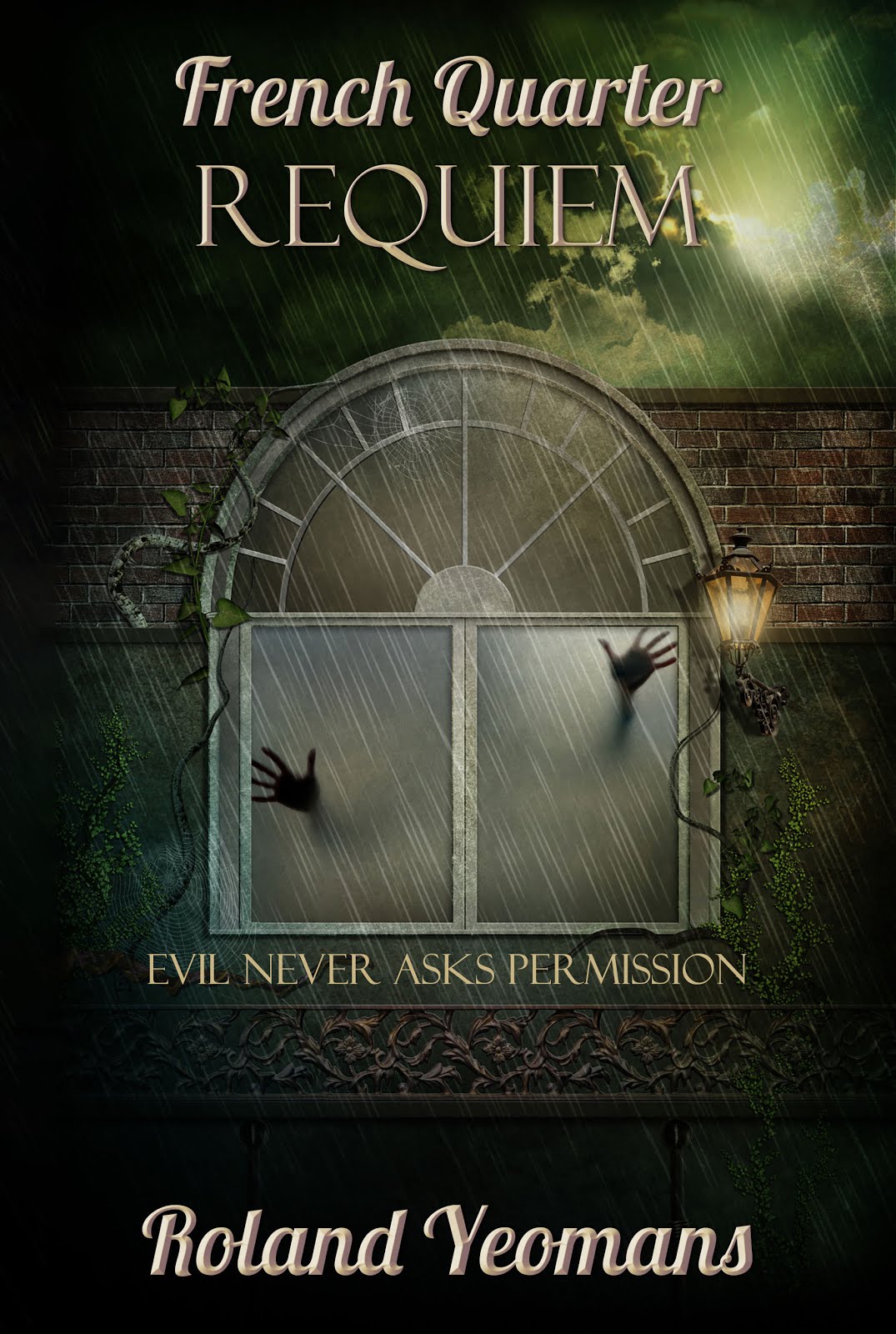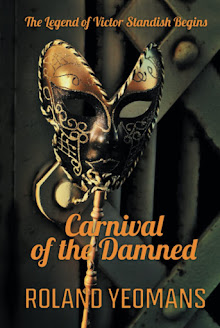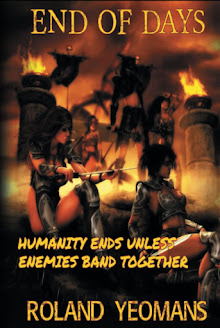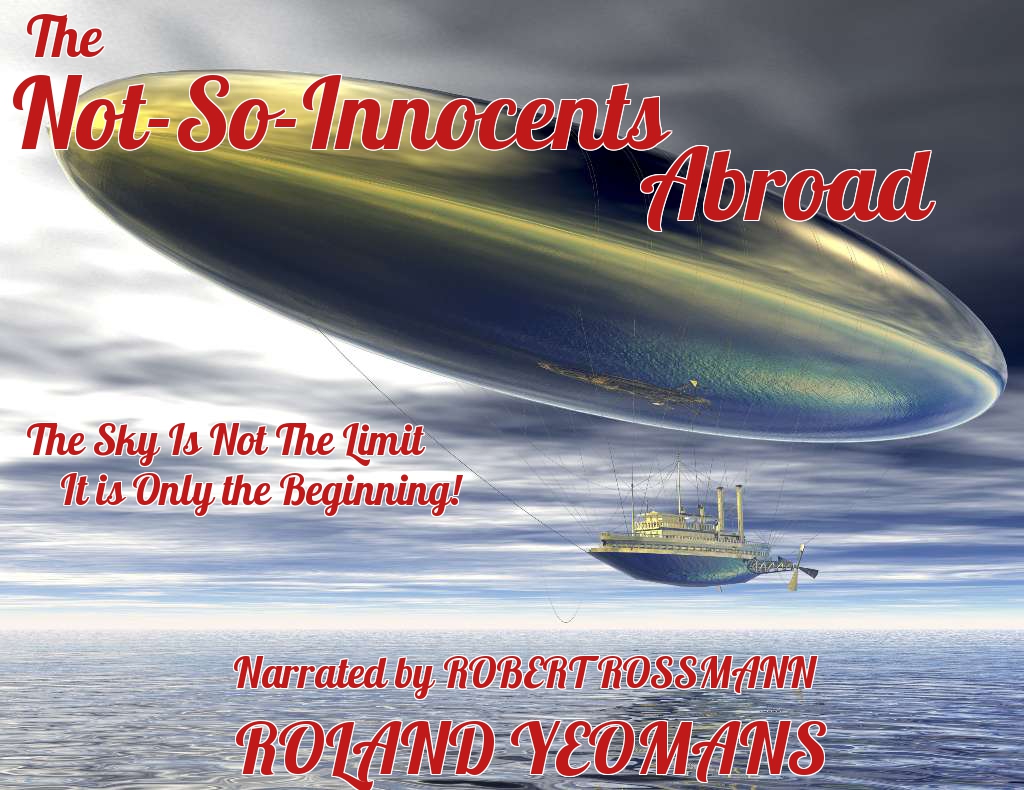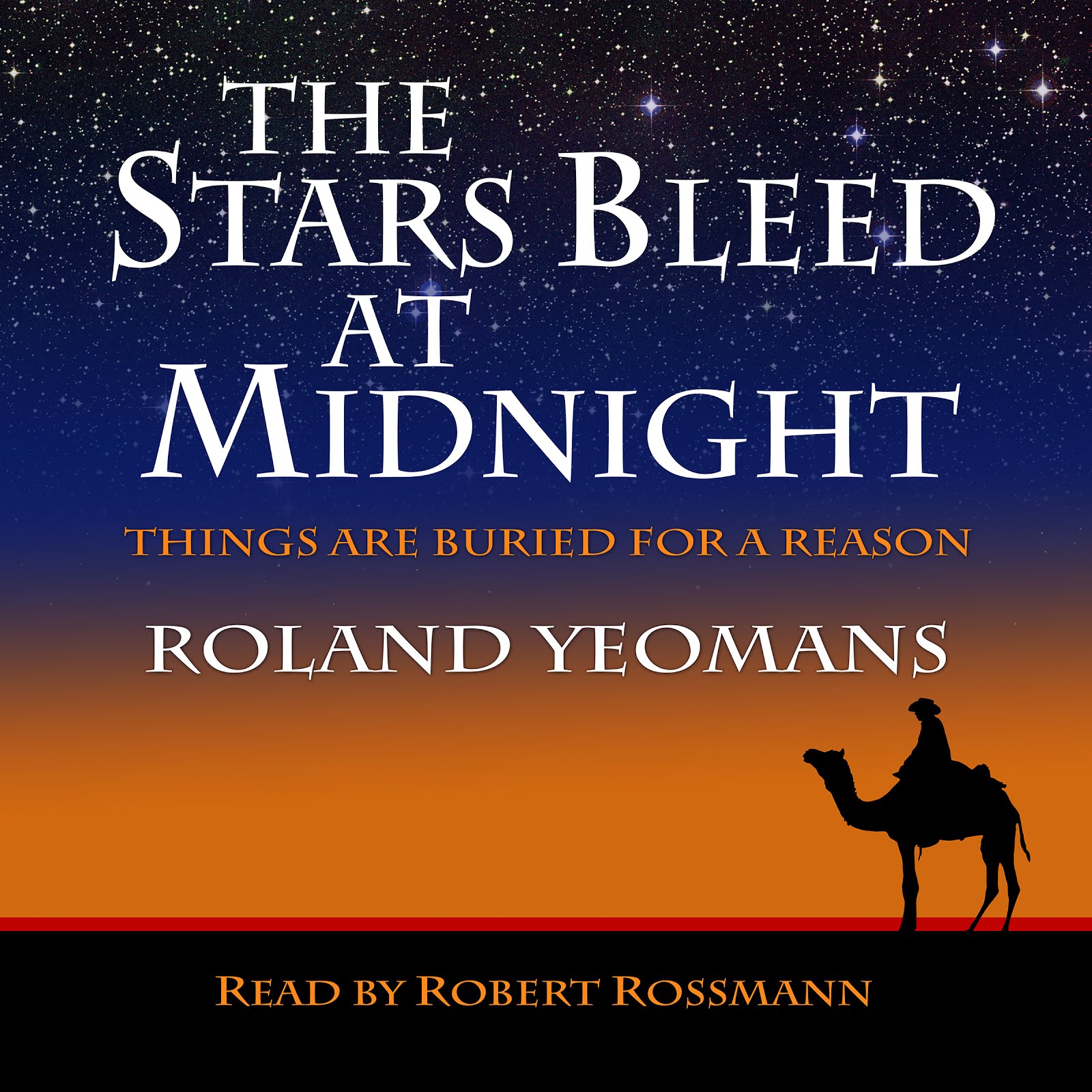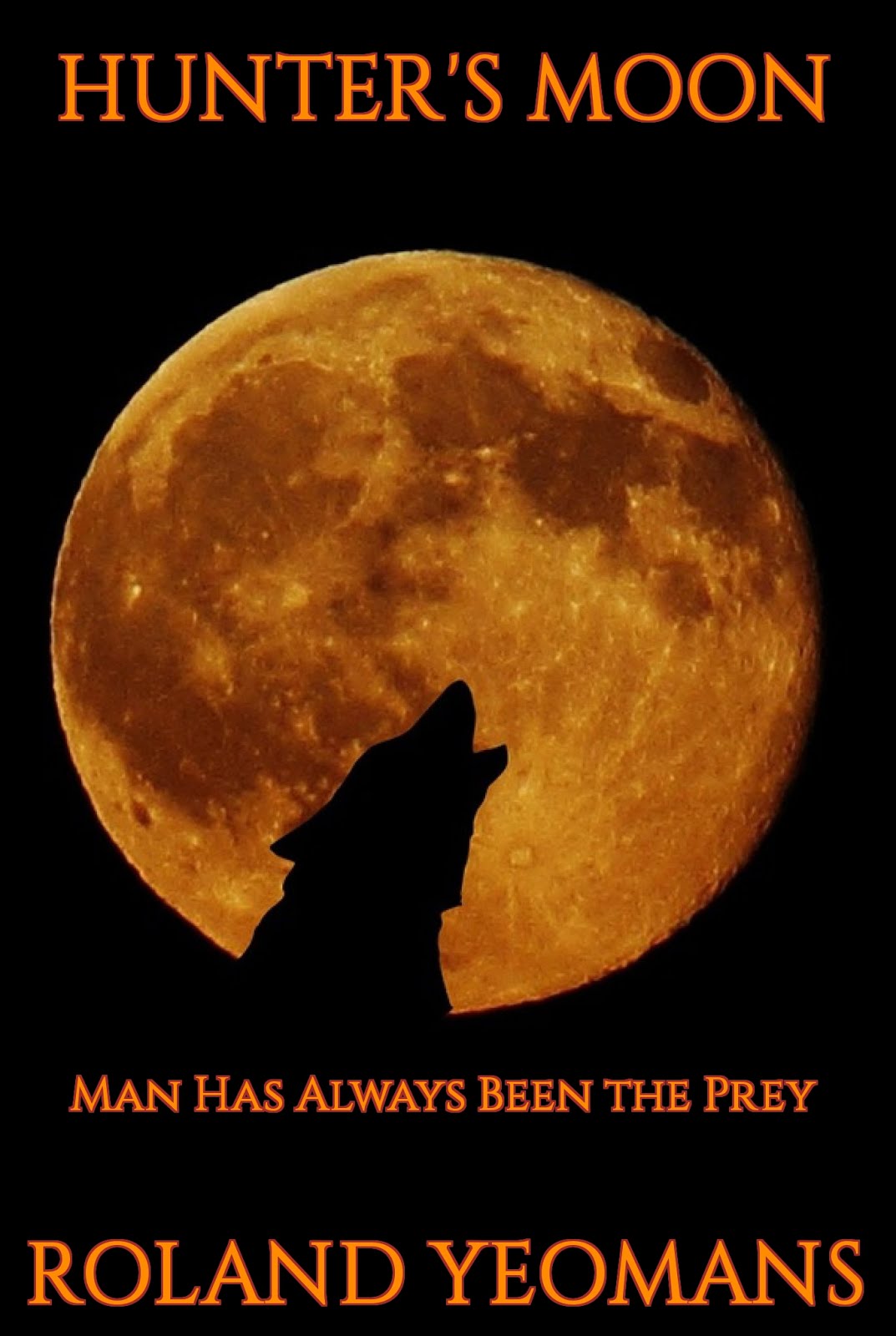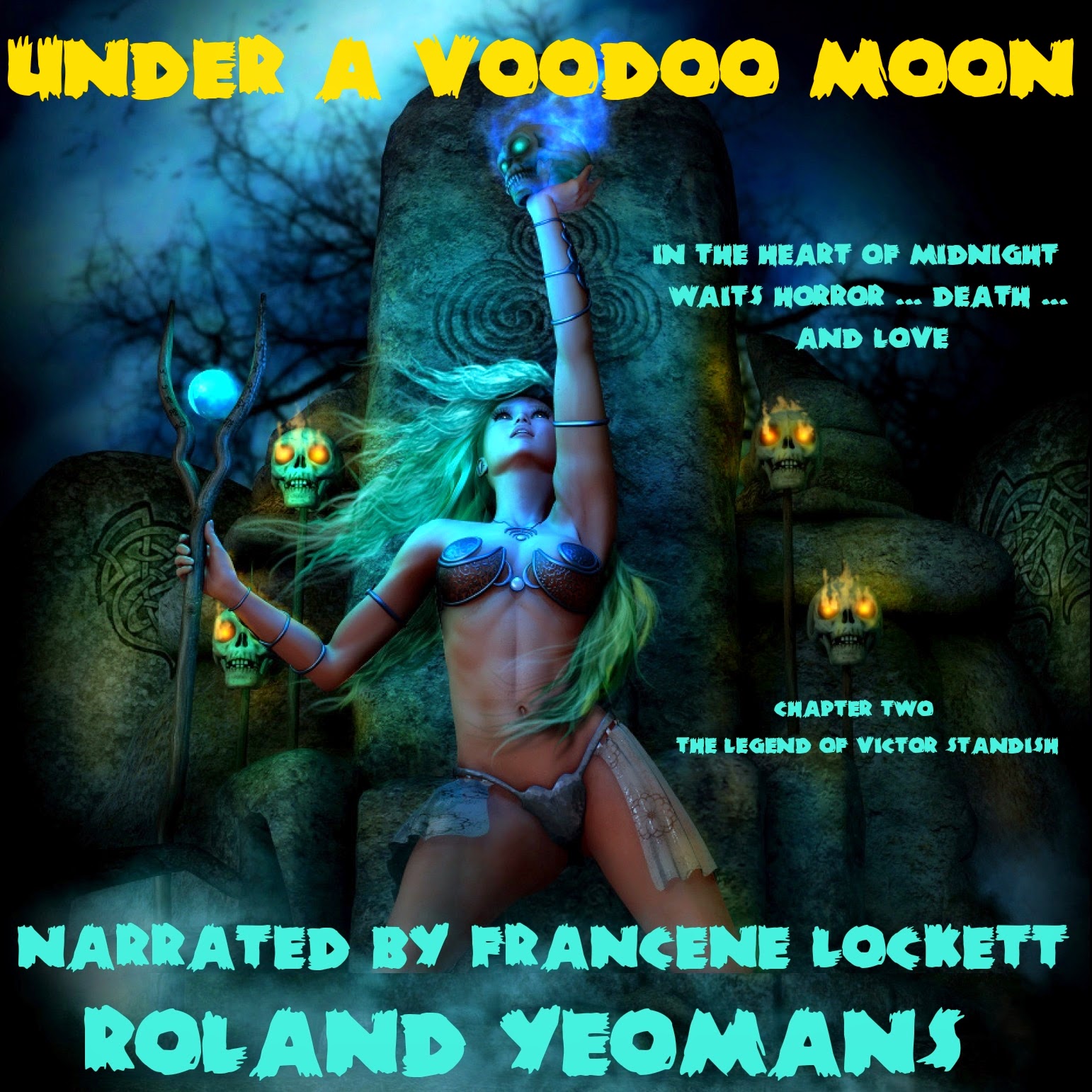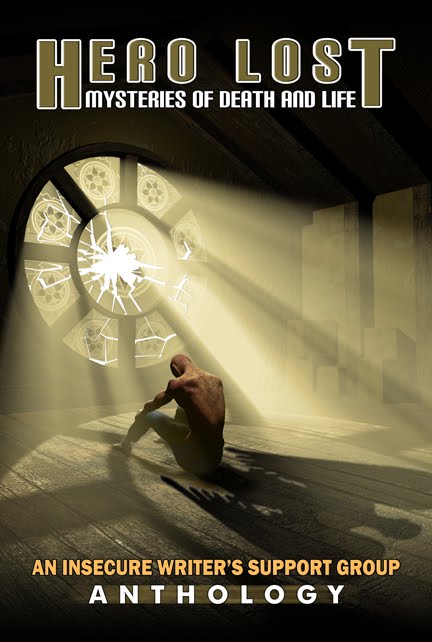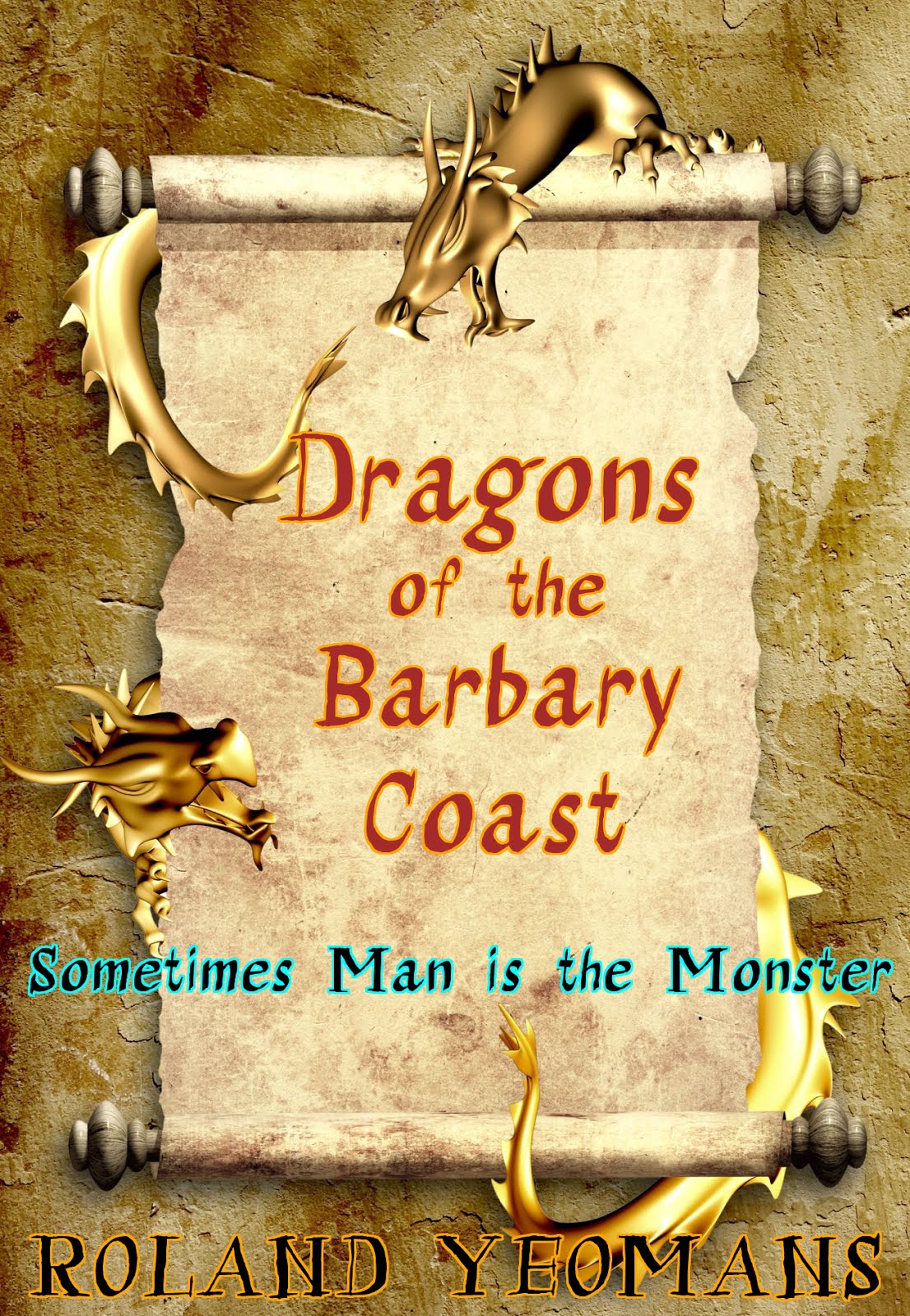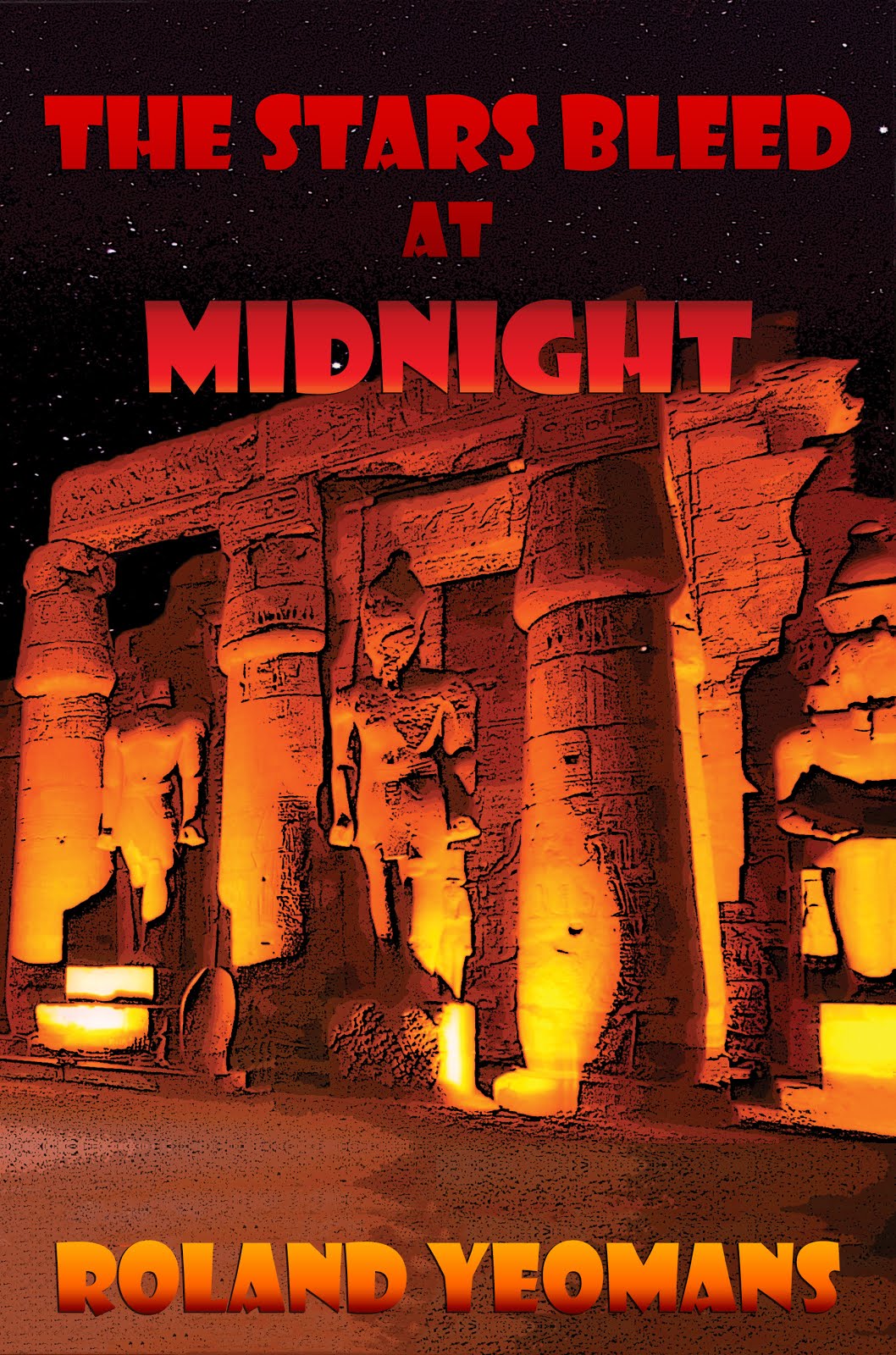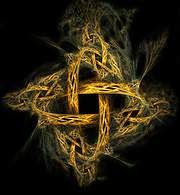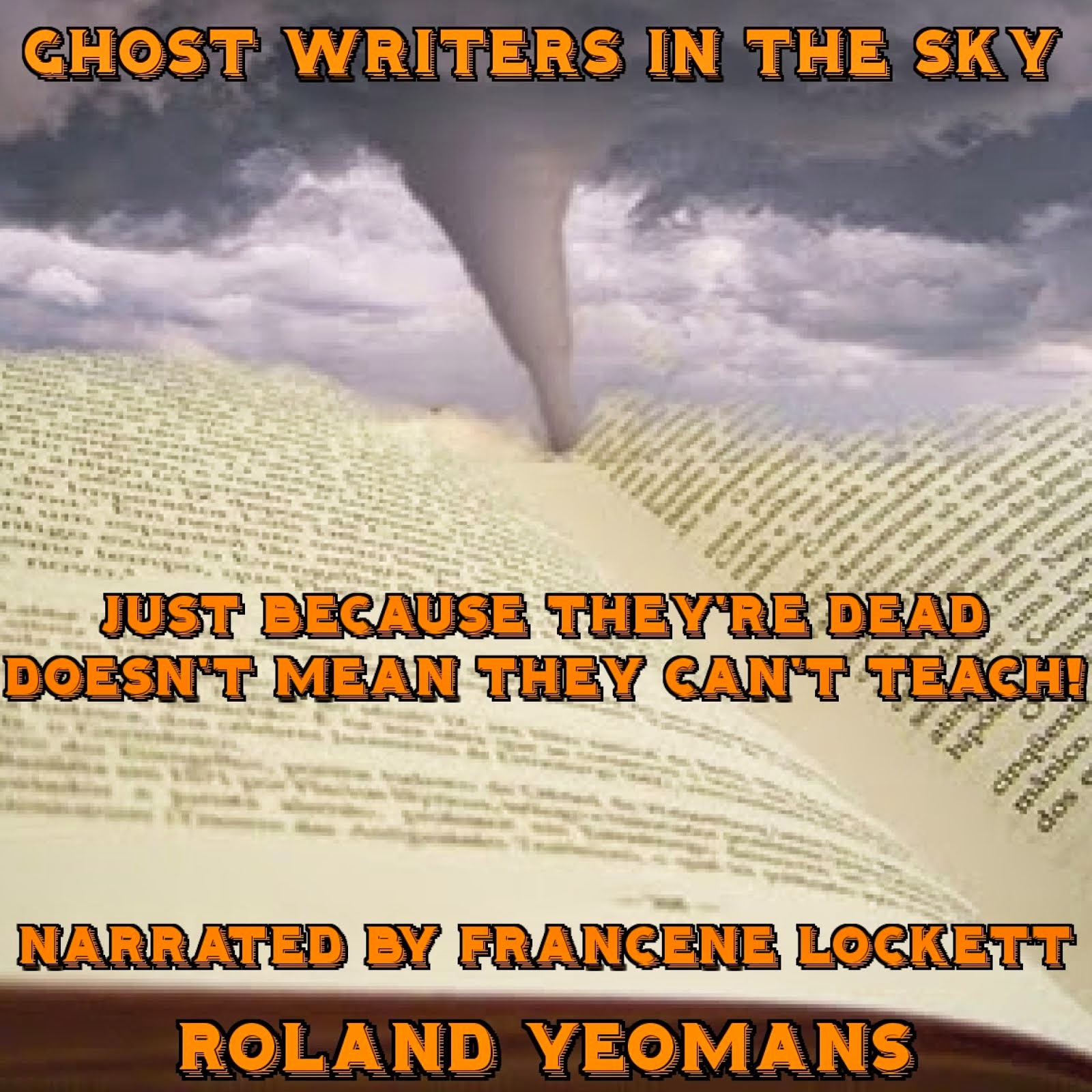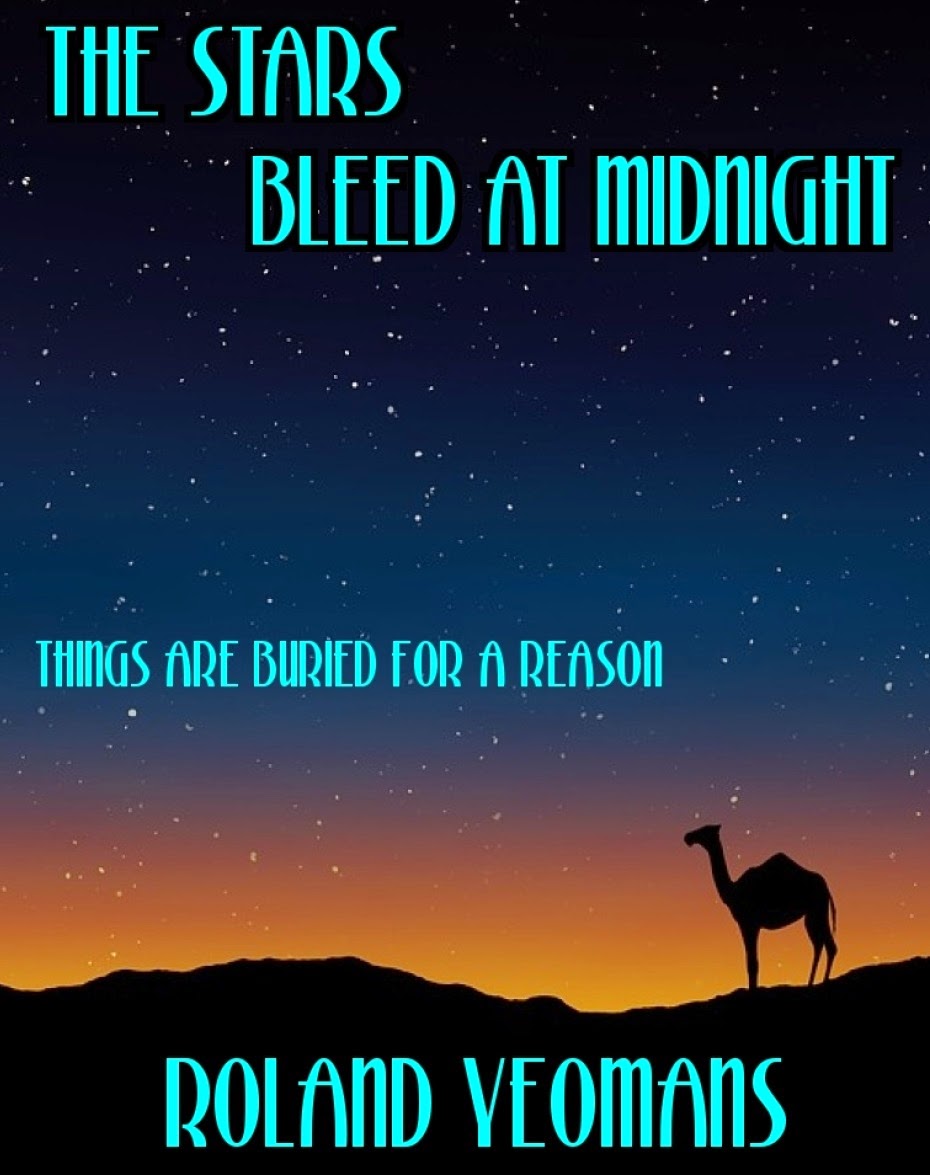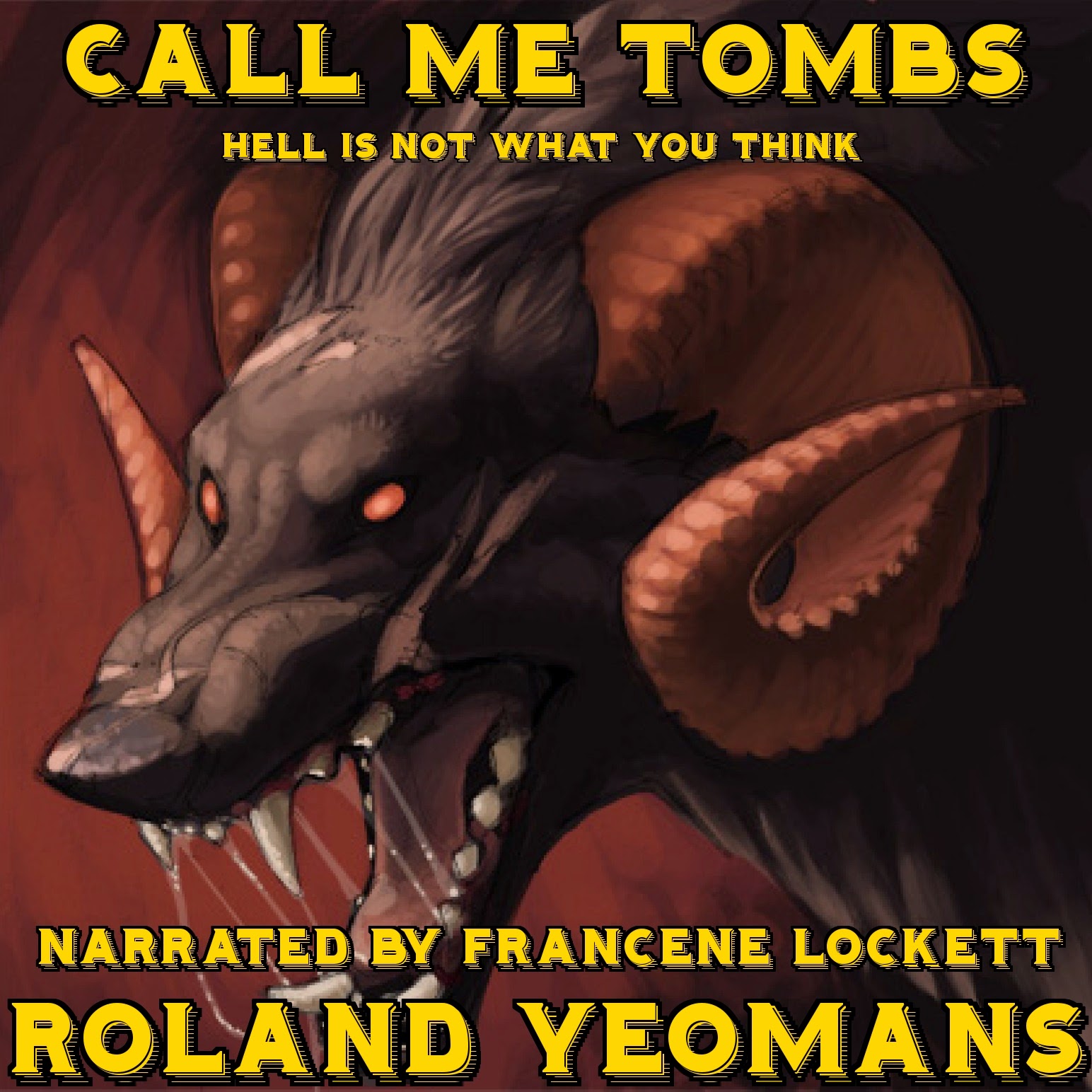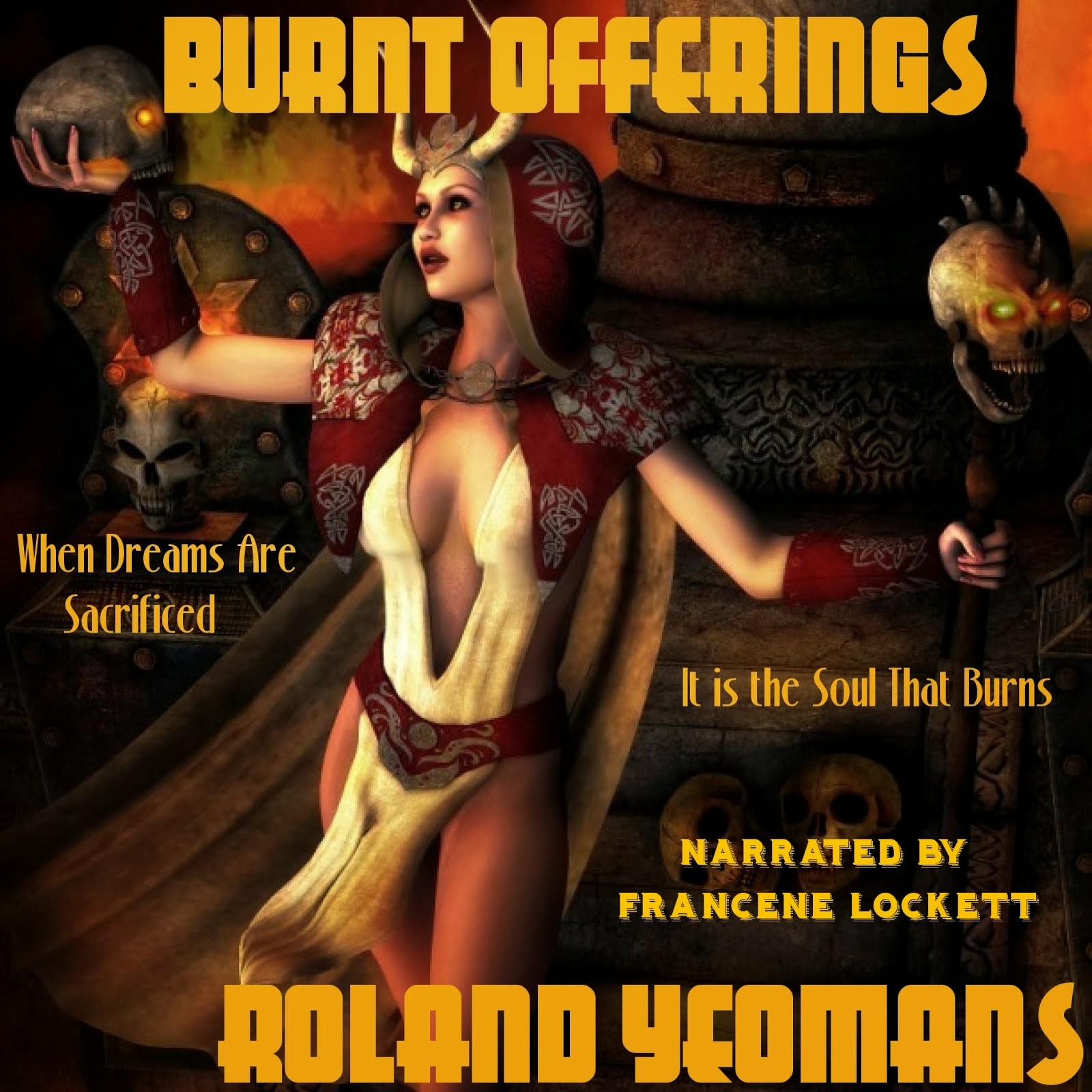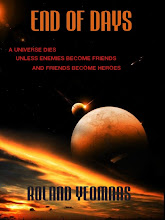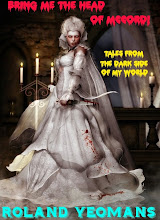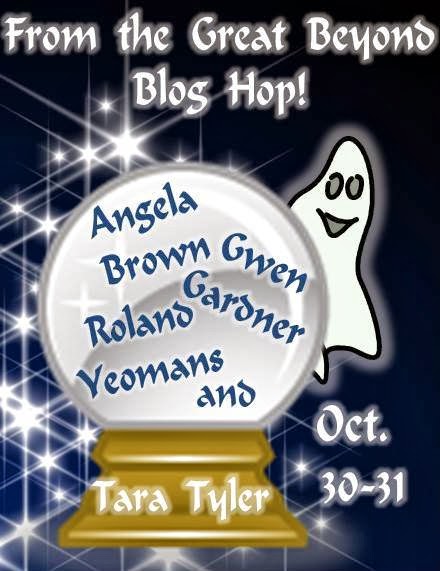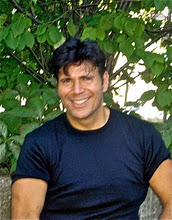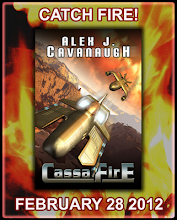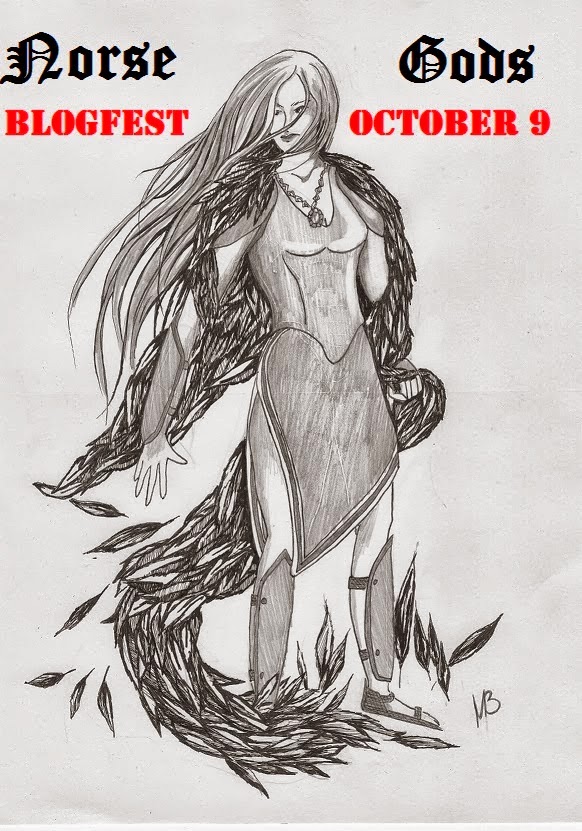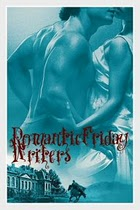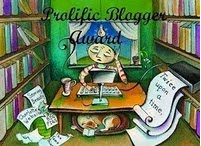Hello, seekers of oddities ...

My friend, Samuel Clemens, is morose this day for on this date in 1066,
Halley's Comet appeared in the night sky over the English Channel and was seen as a harbinger of national disaster --
which it was as William the Conqueror defeated English forces at the Battle of Hastings and the rest, pun intended, was history.
Why is my friend, Samuel, morose over Halley's Comet? His spirit is tied to that celestial object, but that is a tale for him to tell.
On this date in 1800, President John Adams approved legislation to appropriate $5,000 to establish the Library of Congress.
The first books were bought from Great Britain.
And so like the British,
their troops promptly burned them when they burned down a great deal of Washington, D.C. in 1814.
What Britain gives, it eventually takes away.
Ah, but to be sane in a world of mad men is in itself madness.
Take my friend, Oscar Wilde ...
On this day in 1891 his The Picture of Dorian Gray was published.
The novel caused an uproar for
"its effeminate frivolity, its studied insincerity, its theatrical cynicism, its tawdry mysticism, its flippant philosophizing, its contaminating trail of garish vulgarity,"
but it sold well, making Wilde the focus of even more debate and finger-pointing ...
until the British in their hypocrisy imprisoned him for having loved too well if not too wisely.
Only in France could he find refuge.
a brilliant witness to the alliance of literature and architecture against the transforming and destructive forces of time.
But I wager you will find it odd that I return again and again to the Bob Hope archive, anchored by a career file of some 85,000 jokes, many of these tied to the politics of the day.
“Kennedy looked a little nervous,” Hope quipped after one of the1960 presidential debates. “He’d never been allowed to stay up that late before.”
“If you criticize Gorbachev too much,” he warned during the last years of the Cold War, “you’re kaputski. Kaputski — it’s an Old Russian word meaning, ‘Siberia is lovely this time of year.’ ”
Many of Hope’s political jokes can resonate beyond their original era: “No one party can fool all of the people all of the time. That’s why we have two parties.”
On this date in 1908, Ralph DePalma made his debut in New York. In 25 years of racing, he would win 2000 times, including the Indy 500.

while leading by five and half laps, his car broke down. He may have lost but he won the hearts of every Frenchman who watched.
The romantic in me weeps on this day, for on this date in 1942 Lucy Maud Montgomery died.
Montgomery spent her first three decades in Cavendish, Prince Edward Island, the place which she and her Anne of Green Gables books have made famous.
After almost three more decades in the Toronto area, she was buried back in Cavendish, though in town rather than in the sort of spot described in “A Request”:
"When I am dead
I would that ye make my bed
On that low-lying, windy waste by the sea,
Where murmurs creep
From the ancient heart of the deep,
Lulling me ever, I shall most sweetly sleep.
While the eerie sea-folk croon
On the long dim shore by the light
of a waning moon…."
It contains “A Simple Heart,” one of his most famous stories, especially since Julian Barnes’ Flaubert’s Parrot (1984).
Criticized by George Sand for his detached style,
Flaubert created the servant Félicité, whom he describes as “a poor country girl, pious but mystical, quietly devoted, and as tender as freshly baked bread.”
His aim, he said, was the furthest thing from irony: “I want to arouse people's pity, to make sensitive souls weep, since I am one myself.”
Well, I must depart.
My friend, Samuel Clemens, and I intend to deflate the ever-growing ego of Winston Churchill ...
especially on this day when in 1953, he was knighted by Queen Elizabeth II.
The ghost of Bob Hope intends to join us. Last year, he told Churchill:
“I'm surprised the Queen knighted you, Winny. What with your ambition that's like asking Morris the Cat to watch your tuna salad."
Are you wondering which author I will pick for the letter U?
A most erudite, under-appreciated one: Sir Peter Alexander Ustinov
He was also renowned as a filmmaker, theatre and opera director, stage designer, author, screenwriter, comedian, humorist, newspaper and magazine columnist.
A noted wit and raconteur, he was a fixture on lecture circuits for much of his career.
He was also a respected intellectual and diplomat who, in addition to his various academic posts,
In 2003 Durham University changed the name of its Graduate Society to Ustinov College
“I imagine hell like this: Italian punctuality, German humour and English wine.”
― Peter Ustinov







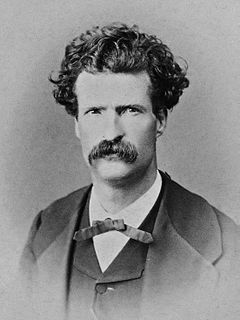


_School_-_William_Wordsworth_(1770%E2%80%931850)_-_866458_-_National_Trust%20(1).jpg)







.png)


.jpg)














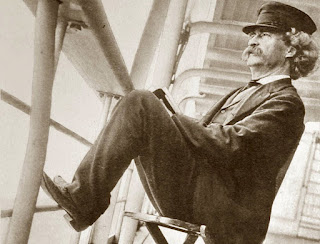







.jpg)


.jpg)

